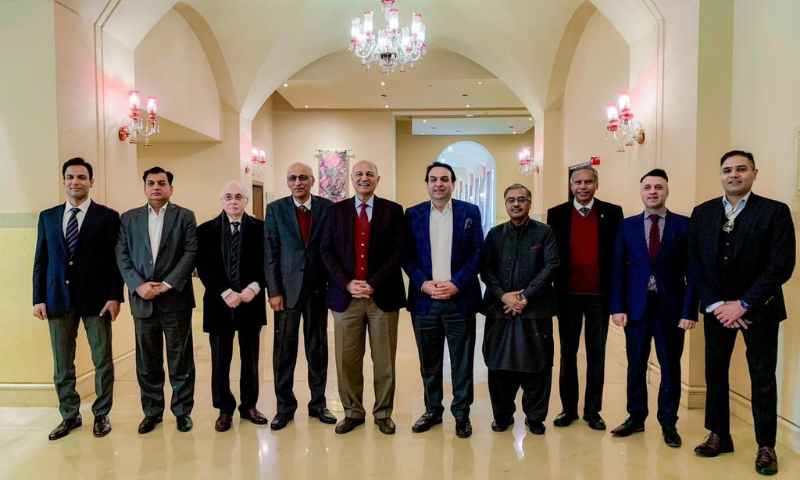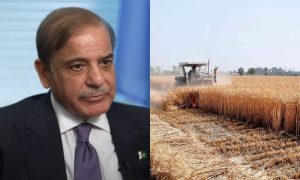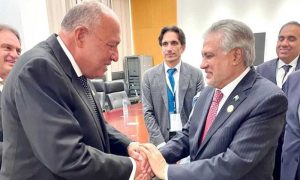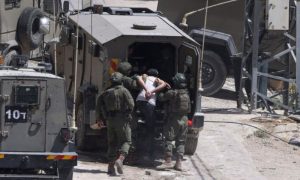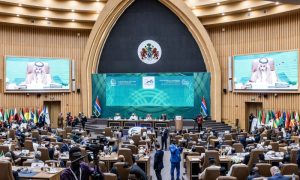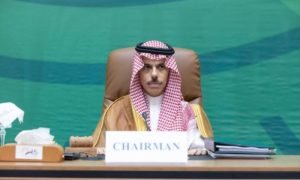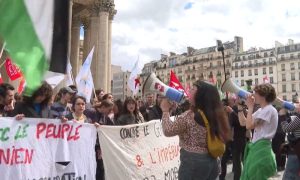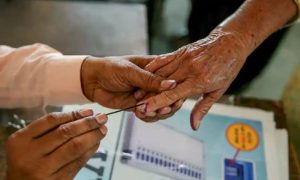ISLAMABAD: Mushahid Hussain Sayed, Chairman of the Senate Standing Committee on Defence, said on Sunday that the Iran crisis resolution was the ‘model of crisis management’, whereas the non-state actors have become a threat to the regional and national security now linked to regional geopolitics.
He was speaking at the Pakistan-China Institute (PCI) dialogue on “Outlook of Security Situation in South Asia in 2024” arranged under Friends of Silk Road Initiative that took place simultaneously at two venues: Islamabad and Quetta Press Club, according to a press release.
In his opening speech, he underlined the importance of the current scenario, dominated by turbulence and transformation. In this context, the senator analyzed China’s Global Security Initiative as a new framework for the peaceful resolution of security issues since GSI focuses on security as being indivisible, based on respect for territorial integrity, sovereignty, and of states. It also seeks to promote a security governance framework, including cyber security, AI, and related security threats based on accepted global norms of behavior enshrined in the UN Charter and international law.
He strongly condemned the current genocide and crimes against humanity in Palestine by Israel.
New Three Realities in Security Domain
Delving into security matters, Mushahid Hussain discussed three new realities; the shattering of the Middle East status quo after 7 October, serious challenges posed by Non-State Actors, and the complex security situation between Pakistan, Iran, and Afghanistan, which is now inextricably intertwined with regional geopolitics, making dialogue and diplomacy necessary.
He termed the swift and smooth resolution of the Iran crisis as a ‘model of crisis management and crisis resolution, adding that the two crises, Pulwama 2019 with New Delhi and Panjgur 2024 with Tehran, had helped Islamabad in establishing certain regional rules of behavior based on our red lines in our troubled neighborhood.
He said, ‘‘Iran is not India, but a brotherly Muslim neighbor with which Islamabad has no fundamental conflict of interest. In this regard, he especially praised the Pakistani leadership for their deft handling of the Iran crisis, maintaining a measured and mature, cool and calm approach while avoiding jingoism.
In his speech, Senator Mohammad Abdul Qadir stressed the urgent need to address the economic problems facing Balochistan. Underlining the province’s high poverty rate, wealth disparity, and unemployment and despite rich resources, Senator Qadir emphasized the significance of responsible resource management and equitable development.
He highlighted the transformative potential of Gwadar Port, citing Chinese investments in infrastructure that have already fueled job creation, economic growth, and increased trade. He said that tourism is a factor in development and growth.
Former Chairman NDMA and DG FWO, Lt. General (r) Muhammad Afzal, delivered a PowerPoint presentation on “Western Route-CPEC opportunities for development and stability.”
He explored the China-Pakistan Economic Corridor (CPEC) and areas of interest for both countries. The analysis underlined achievements in road infrastructure and power generation under CPEC but stressed the need to prioritize rail, address immediate issues of water storage and IT infrastructure, and the role of the private sector.
Director of Pak Institute for Peace Studies (PIPS), Muhammad Amir Rana, highlighted the pivotal role Balochistan plays in the economic development of Pakistan, given its strategic location on classical routes connecting Central Asia, Asia, and East Asia.
In addressing the global North-South divide mirrored in Pakistan, he attributed it to inherited administrative systems from the British colonial era.
Rana stressed the common objective of redressing wrongs of the past and upholding the rights of the local communities in Balochistan, advocating for a focused resolution to address long-standing demands.









